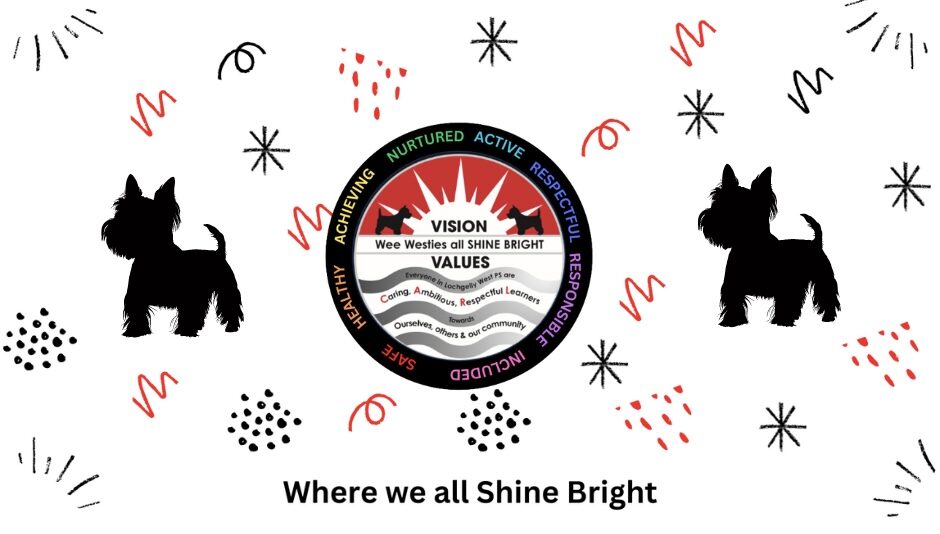What is Literacy?
Literacy is the ability to read, write, speak and listen in a way that lets us communicate effectively and make sense of the world around us.
Our aim is to equip all learners with the fundamental literacy skills needed to effectively communicate with others and make sense of and contribute positively to the world. Workshop for Literacy is Fife’s approach to supporting the development of skills for reading, writing and communicating effectively with others in a range of contexts now and in the future.
Reading
Within reading, we focus on blending/decoding to read unfamiliar words, fluency (ability to read with speed, accuracy and expression) and comprehension (to break a text down and understand what you have read.) We use a range of texts to support reading across all levels, including Oxford Reading Tree, Treetops and a variety of novels. However, we ensure that reading is not limited to storybooks or novels, with our learners being exposed to a variety of different genres, such as newspapers, novels, comics, magazines, films, research materials, and websites.
We’ve shared some tips below to encourage reading at home and how to learn new words.
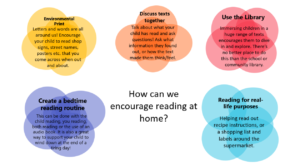
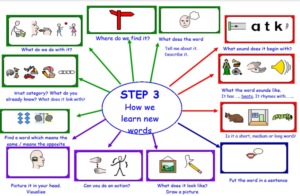
Writing
Learners are encouraged to write within a range of different contexts and through a variety of different genres, e.g. personal, imaginative, narrative. Children are encouraged to develop and extend their writing through mark making activities, phonics and spelling, letter formation and handwriting, daily write opportunities, extended writing and writing for enjoyment. Sentence structure and grammar are explored and developed through the use of modelling, extended writing pieces and textbooks.
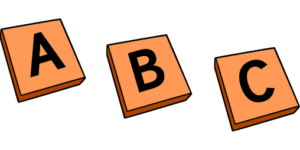
Listening and Talking
One of our main aims is to help our children become effective contributors, communication is therefore a priority. Children are encouraged to talk and communicate in a variety of situations – with partners while discussing a piece of work or to convey instructions in team work. Children are also encouraged to talk about their learning, their next steps and their achievements.
Click HERE to access a poster on typical language development, with examples of what you might see and hear in a classroom or school environment.
Examples of easy games and activities that support literacy development:
- Write write write – create a story, write a set of instructions, write a recipe for a family favourite dinner, use chalk to write words/letters outside etc.
- See who can find as many rhyming words as possible, starting from a given word. Children could also write poems or songs with rhyme.
- Play eye-spy with the print around you – ‘’I spy a street name that has an ‘r’ in it…’’
- Listening games – ‘’I went to the shops and bought…’’ provide a list of items for your child to repeat back to you.
- Leave notes for your child and ask them to write you a reply.
- Play active spelling games – e.g. spelling tennis or bounce ball. Throw the ball to each other, spelling out the next letter of the word each time the ball is caught.
Websites:
Sumdog Maths & Spelling – all pupils have individual logins
Spelling and Grammar, English Games for 7-11 Years – Topmarks
Literacy and English – BBC Bitesize
Support videos for families
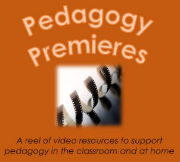
https://sway.office.com/qUX9gTjyw7NkfTGs?ref=Link

